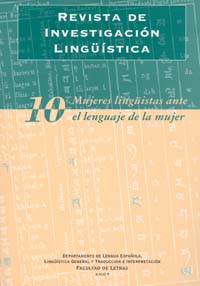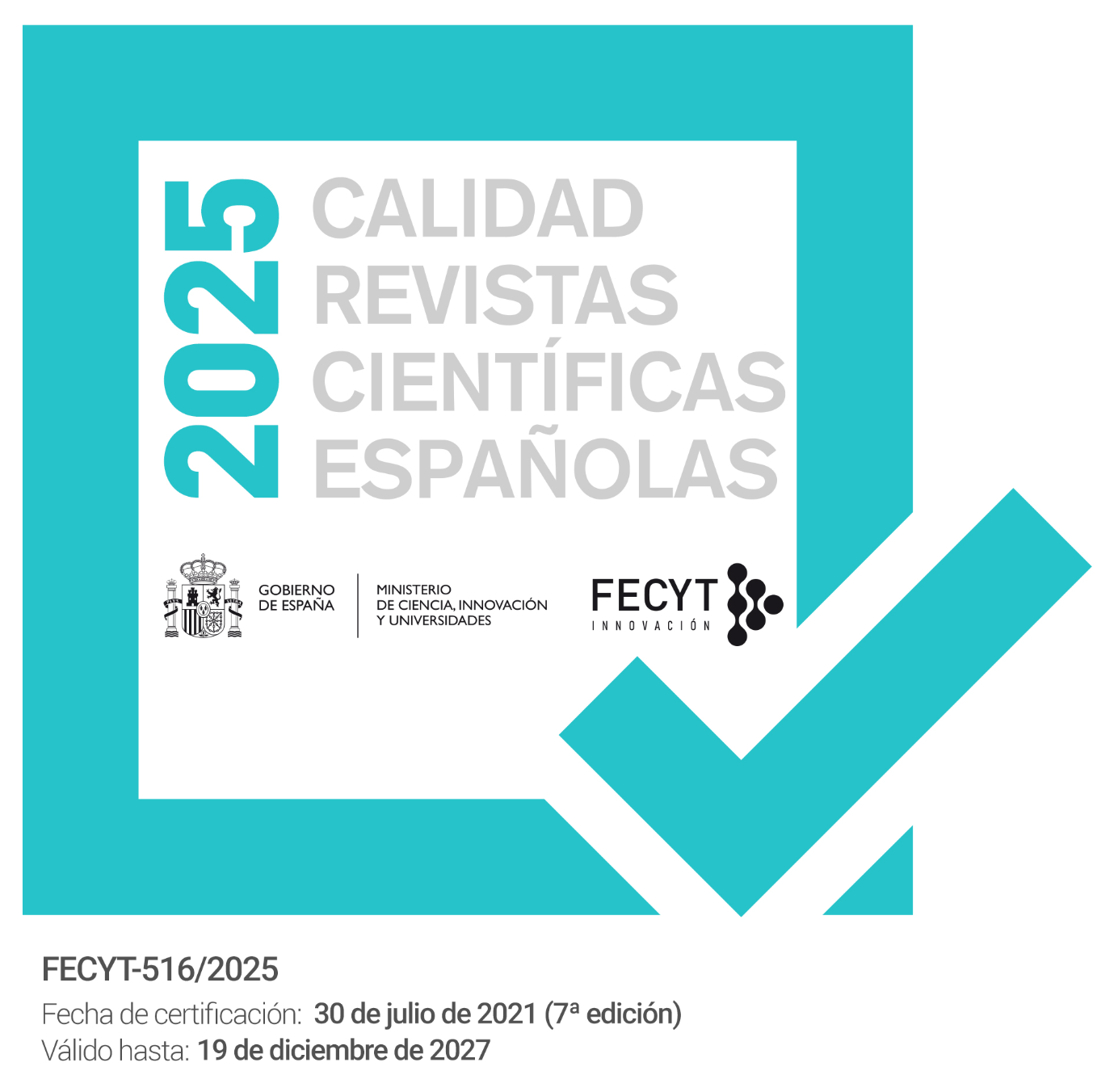MUJERES LINGÜISTAS EN EL ÁMBITO DE LOS ESTUDIOS SOCIOLINGÜÍSTICOS
Abstract
Here we will study variation in the use of language by women and men, paying attention to Sex as a variable; or better, we will study those features determined by sociolinguistic studies as linguistic uses characteristic of women’s speech, in the way they mirror the social roles women take in various speaking communities. A voiding other aspects that relate language and women, I will only refer to the language studies concemed with women and men, such as the analysis of some verbal forms called malecentred (androcéntricas); the use of sexist references and metaphor; the legitimacy or non legitimacy of “sexist” meanings in dictionaries; women’s writing; the absence of women writers in the literary canon; etc; all of them interesting topics not only for Sociolinguistics, but also the History of Language, Stylistics, Lexicology, Lexicography, or even Literary Criticismo.Downloads
-
Abstract801
-
PDF (Español (España))888
The works published in this magazine are subject to the following terms:
1. The Publications Service of the University of Murcia (the publisher) preserves the economic rights (copyright) of the published works, and favors and allows the reuse of same under the license of use indicated in point 2.
2. The papers are published in the electronic edition of the magazine under a Creative Commons Attribution-NonCommercial-NoDerivative 3.0 Spain license (legal text). Papers may be copied, used, disseminated, transmitted and publicly exhibited if the following requirements are met: i) The authorship and the original source of its publication (magazine, editorial and URL of the work) must be cited; ii) The works cannot be used for commercial purposes; iii) The existence and specifications of this user license must be explicitly mentioned.
3. Self-archiving conditions. Authors can electronically disseminate pre-print versions (version before being evaluated) and / or post-print versions (version evaluated and accepted for publication). This makes possible its circulation and diffusion earlier and with it a possible increase in its citation and reach among the academic community. RoMEO color: green.










